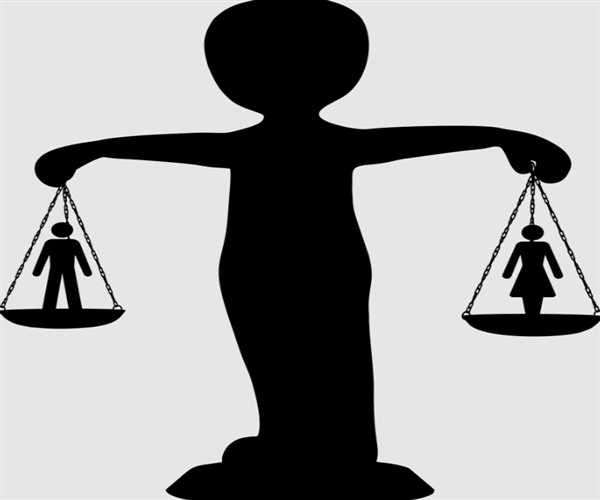As India is an emerging economy, gender equality is a major concern. With a population of more than 1.3 billion, the country has a wide variety of cultures, religions and beliefs that often result in a lack of equality between genders. In India, personal laws, which are based on religious texts, are widely followed by citizens. These laws are based on traditional notions of gender roles, often creating gender bias in society. As a result, many women in India are subjected to discrimination, violence and unequal treatment.
The personal laws in India are based on the religious texts of Hinduism, Islam and Christianity. These laws are distinct and often contradict each other. For example, Hinduism allows for polygamy, while Islam does not. This creates a gender disparity, as men have more freedom and power than women in certain areas of life. Similarly, the Hindu religion does not recognise divorce, whereas, in Islam, divorce is allowed for both men and women. Such differences in the laws create a gender imbalance and an unfavourable environment for gender equality.

In addition to personal laws, gender inequality is also perpetuated by social norms and customs. For example, in India, women are expected to stay at home and take care of the household, while men take up most of the responsibilities in society. This means that women are limited in terms of their career choice and other options. Similarly, women are often denied freedom of movement and are subjected to harsh punishments for disobeying gender norms. Such gender disparities further hinder women's progress and impact their ability to achieve gender equality.
Personal laws in India have a direct impact on gender equality. These laws are based on traditional notions of gender roles and often create a gender bias. Such laws limit women's choices regarding their personal, professional and social lives. As a result, women are often denied freedom of movement, subjected to strict rules, and denied access to resources. This creates a hostile environment for gender equality, and it is important for the government to take steps to ensure that personal laws are reformed to promote gender equality.
Apart from the legal reforms, it is also important for society to change its attitudes and beliefs. It is essential that women are given the same rights and respect as men, and society needs to recognise the importance of gender equality. Through education, awareness and dialogue, we can create a society that values the contributions of women and treats them as equals. This will go a long way in ensuring that gender equality is achieved in India. It is, therefore, essential for the Indian government to take steps to ensure that personal laws are amended to ensure that gender equality is respected and protected. This will ensure that women are not discriminated against in any way and that their rights are protected.